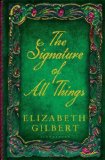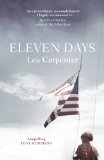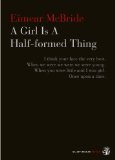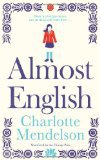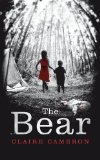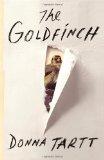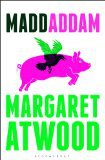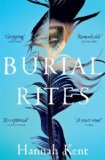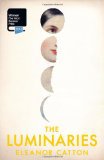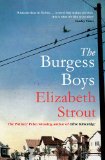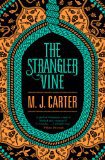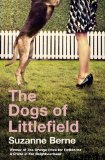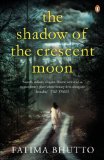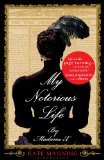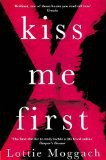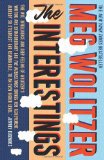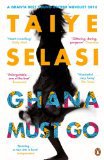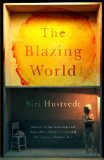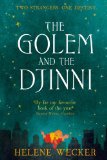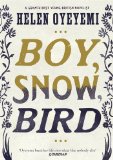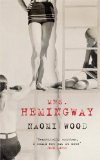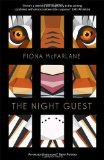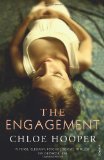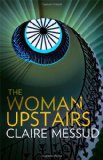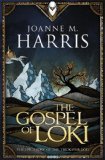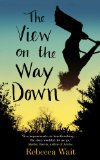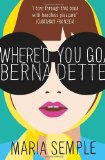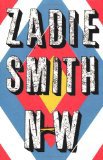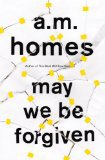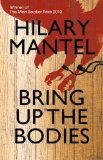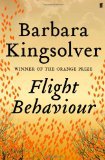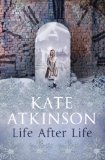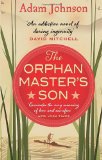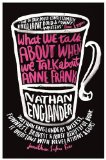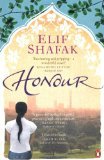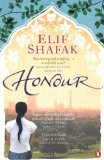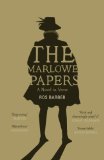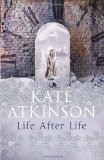The 2014 Baileys Women’s Prize for Fiction Longlist was announced overnight. I was impressed by the selection. I didn’t feel as though any major novels were left out and it was nice to see a few books that were new to me.
I’ve summarised my thoughts on those I’ve tried and found five words from the blurb for those I haven’t. Enjoy browsing the list!
Books I’ve tried:
The Signature of All Things by Elizabeth Gilbert
Five words from the blurb: botanical, explorer, woman, independent, evolution
My favourite 2013 fiction release. Gilbert is so good she can even make a story about moss interesting! I’m hoping this wins the prize.
Eleven Days by Lea Carpenter
Five words from the blurb: mother, soldier, Afghanistan, courage, love
Amazing writing which shows a mother’s relationship with her grown-up son. Fascinating information about US Navy SEAL training and society’s attitude to the armed forces. Highly recommended.
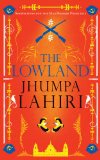
The Lowland by Jhumpa Lahiri
Five words from the blurb: India, brothers, crossroads, haunted, past
Gentle story about two Indian brothers who take different paths in life. It had some good scenes, but didn’t blow me away.
A Girl Is A Half-Formed Thing by Eimear McBride
Five words from the blurb: experimental, girl, violence, personal, struggle
If you enjoyed Riddley Walker you’re in for a treat! I found the writing style too impenetrable to enjoy, but if you have the patience to persevere I’m sure you’ll be rewarded.
Almost English by Charlotte Mendelson
Five words from the blurb: London, Hungarian, relatives, strange, life
Quirky story about Hungarian family moving to London. Perfect for fans of A Short History of Tractors in Ukrainian.
The Bear by Claire Cameron
Five words from the blurb: something, moving, shadows, woods, screams
Narrated by a five-year-old girl, this book was compelling but frustratingly simple.
The Goldfinch by Donna Tartt
Five words from the blurb: New York, wealthy, family, self-invention, suspense
I listened to the abridged BBC audio production of this one, but even that dragged! I don’t think Tartt is for me.
MaddAddam by Margaret Atwood
Five words from the blurb: plague, group, survives, bio-engineered, humans
This is the final book in Atwood’s dystopian trilogy. I’m afraid I didn’t enjoy Oryx and Crake (and so won’t be trying this one) but I’ve heard lots of good things so if you’re a fan of her other books then you’ll appreciate this.
Burial Rites by Hannah Kent
Five words from the blurb: Iceland, murderer, remote, farm, execution
Fantastic piece of historical fiction, but I found it lacking the Icelandic mindset.
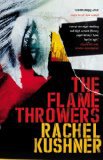
The Flamethrowers by Rachel Kushner
Five words from the blurb: fascination, motorcycles, art, dreamers, education, Italy
Fantastic writing, but too disjointed for me. If you have an interest in art or motorcycles you’ll probably love it.
The Luminaries by Eleanor Catton
Five words from the blurb: New Zealand, goldfield, men, crime, mystery
Well researched ambitious novel, packed with interesting ideas. Unfortunately the pace was too slow for me.
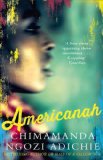
Americanah by Chimamanda Ngozi Adichie
Five words from the blurb: America, Nigeria, experiences, race, relationships
Fantastic characters, but plot was a little too simple for me.
Books that I haven’t tried yet:
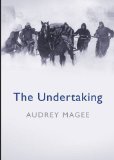
The Undertaking by Audrey Magee
Five words from the blurb: German, soldier, Stalingrad, hierarchy, regime
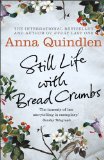
Still Life with Bread Crumbs by Anna Quindlen
Five words from the blurb: photographer, herione, unexpected, journey, love
The Burgess Boys by Elizabeth Strout
Five words from the blurb: accident, killed, father, childhood, trouble
The Strangler Vine by M.J. Carter
Five words from the blurb: India, notorious, son, missing, questions
The Dogs of Littlefield by Suzanne Berne
Five words from the blurb: dogs, poisoned, manicured, lawns, Massachussetts
All The Birds, Singing by Evie Wyld
Five words from the blurb: British, farmhouse, beast, sheep, strange
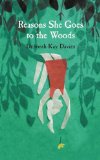
Reasons She Goes to the Woods by Deborah Kay Davies
Five words from the blurb: childhood, escape, woods, mystery, normal
The Shadow of the Crescent Moon by Fatima Bhutto
Five words from the blurb: Pakistan, Afghan, border, war, choices
What do you think of the Baileys Women’s Prize for fiction longlist?
